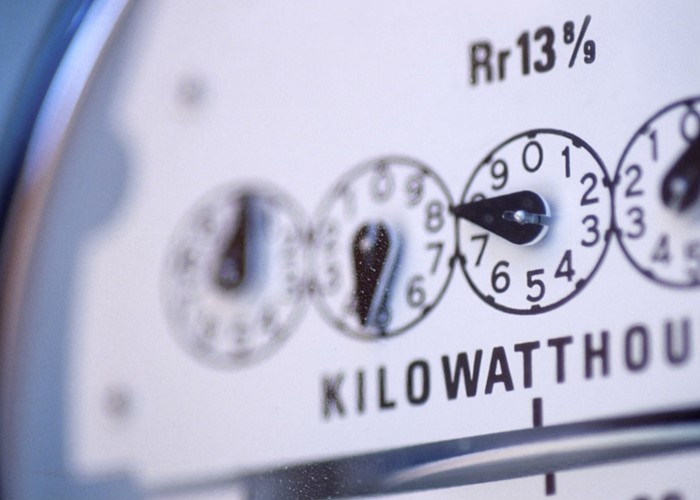Opinion: apathy is adding £250 million to our energy bills

Millions are set to see their energy bills rise… but it’s not just the suppliers’ fault, argues John Fitzsimons.
In recent weeks most of the Big Six energy giants have announced a new round of price hikes, adding around £100 to the typical household bill.
These increases are invariably described as “monstrous” and a “crippling blow” to households.
Undoubtedly, it’s bad news for lots of people, many of whom will struggle to stump up the extra cash in order to keep the lights on.
The thing is, it’s really easy for most households to avoid these sorts of hikes.
Are people exposing themselves to the whims of the energy suppliers through loyalty… or apathy?
Don't put off switching any longer: search for a cheaper energy deal
Can’t switch, won’t switch?
According to Citizens Advice, around 800,000 of the poorest pensioners and 1.5 million low income families are sat on their energy supplier’s standard tariff.
These are suppliers’ most expensive tariffs, and the ones that are subject to these price rises.
Overall, the charity reckons that these households are paying around £141 a year more than those on the cheapest deals currently available, a total of a massive £250 million.
And this isn’t a one-off overpayment either – Citizens Advice reckons 4.7 million households in England haven’t switched their energy supplier in a decade.
It wants the Government to do more to help these people save on their bills, saying that people are being ripped off because of their loyalty.
I want someone to do it for me!
But if we are honest, it isn’t loyalty is it? People haven’t been sat on the same ropey tariff for a decade or more because they really buy into everything the firm stands for.
Many – not all, but many – people who are currently sat on a standard tariff, paying through the nose for their energy, are doing because they can’t be bothered to switch.
The idea that by switching supplier and moving to a fixed tariff you can secure a better deal is not exactly a state secret, kept under lock and key.
It’s well known across every area of financial services that shopping around and comparing deals means you will end up saving money.
The energy regulator Ofgem has spent a lot of time highlighting the benefits of switching to all and sundry, and to be fair, it has made a big difference.
According to Ofgem figures, there were 7.7 million energy switches last year, up by 1.7 million on the year before.
And yet some still refuse to do so.
The hassle of switching
The perception that moving suppliers is a hassle is holding a lot of people back from some pretty significant savings.
A study by YouGov at the end of last year found that one in five of those who do not plan to switch energy supplier in the next year or so say that any savings “are not worth the hassle” of switching deals.
Another 17% said they couldn’t be bothered to switch, no matter what the benefit of moving deals may be.
Going through energy tariffs and working out your own energy use is nobody’s idea of a fun Saturday night, I get that.
But the idea that switching energy supplier is some dreadful, stressful experience is cobblers.
Using a site like loveMONEY, it takes about 10 minutes. I don’t know about you, but saving up to £200 a year for 10 minute’s work sounds pretty good to me.
The suppliers handle the switch itself, which only takes a couple of weeks, and there’s no danger of your energy being cut off at any point.
Essentially, it all happens in the background while you go about your life.
Give it a try – visit the loveMONEY energy switching centre today
Saving people from themselves
There are some, such as the very elderly and vulnerable, who may not be in a position to make use of a comparison site nor have loved ones who can help them do it.
Clearly, all efforts need to be taken to push them towards ditching standard tariffs, whether it’s from the Government, Ofgem, the suppliers themselves or charities like Citizens Advice.
But there are plenty of people who are more than able to switch and save money but just don’t.
That’s their choice, but let’s call it what it is. They aren’t paying more out of loyalty – it’s because they simply can’t be bothered.
What do you think? Is our writer unfair to label many who don't switch as apathetic? Let us know your thoughts by voting in our poll and commenting in the section below.
Comments
Be the first to comment
Do you want to comment on this article? You need to be signed in for this feature